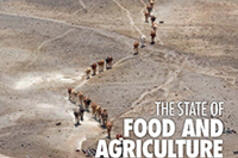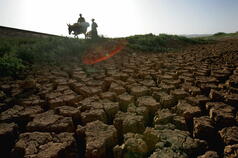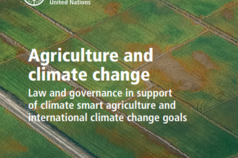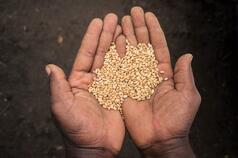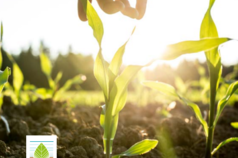The State of Food and Agriculture, one of FAO's major annual flagship publications, aims at bringing to a wider audience balanced science-based assessments of important issues in the field of food and agriculture. Each edition of the report contains a comprehensive, yet easily accessible, overview of a selected topic of major relevance for rural and agriculture development and for global food security.
In a landmark discovery for global wheat production, an international team led by the University of Saskatchewan (USask) and including scientists from the International Maize and Wheat Improvement Center (CIMMYT) has sequenced the genomes for 15 wheat varieties representing breeding programs around the world, enabling scientists and breeders to much more quickly identify influential genes for improved yield, pest resistance and other important crop traits.
New research has demonstrated how, in contrast to encroachment by the invasive alien tree species Prosopis julifora (known as `Mathenge` in Kenya or `Promi` in Baringo), the restoration of grasslands in tropical semi-arid regions can both mitigate the impacts of climate change and restore key benefits usually provided by healthy grasslands for pastoralists and agro-pastoralist communities.
LEGN publishes landmark publication on Law, Agriculture and Climate Change.
Cereals offer greater health and nutrition benefits than commonly acknowledged, despite often being considered ‘nutrient-poor’, say scientists.
The Supporters of Agricultural Research (SoAR) Foundation release The Payoff to Investing in CGIAR Research report

